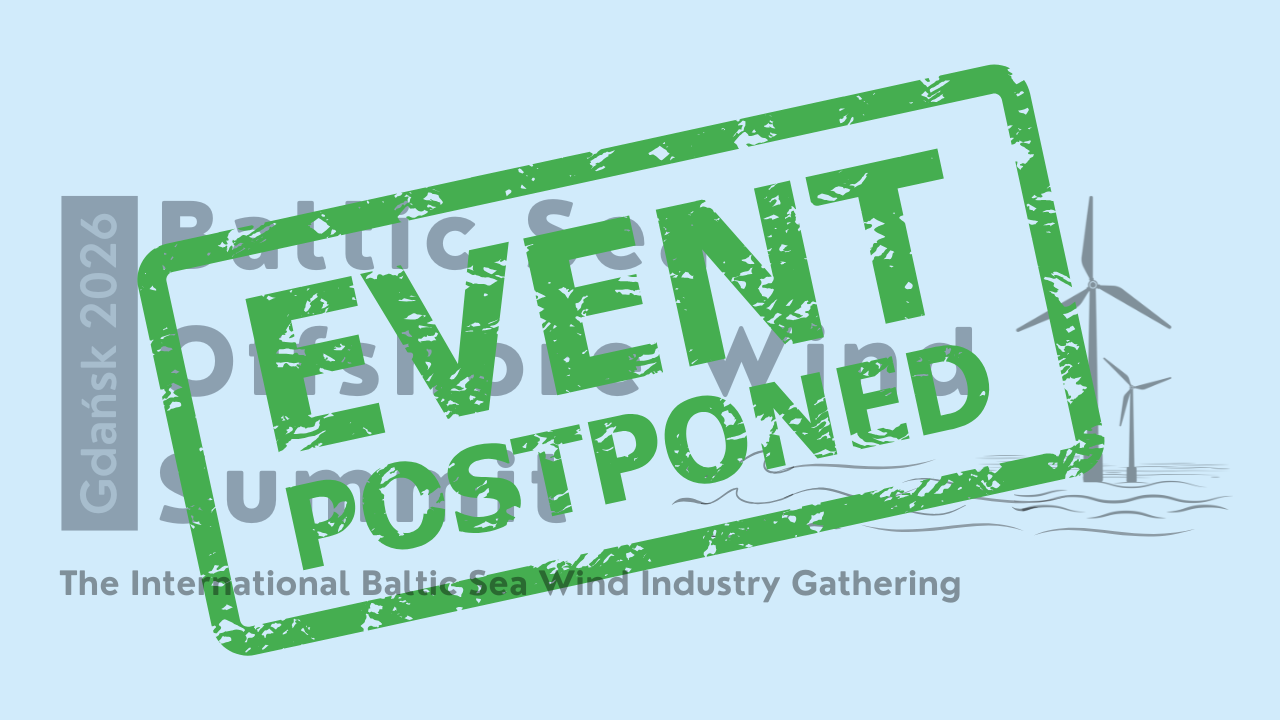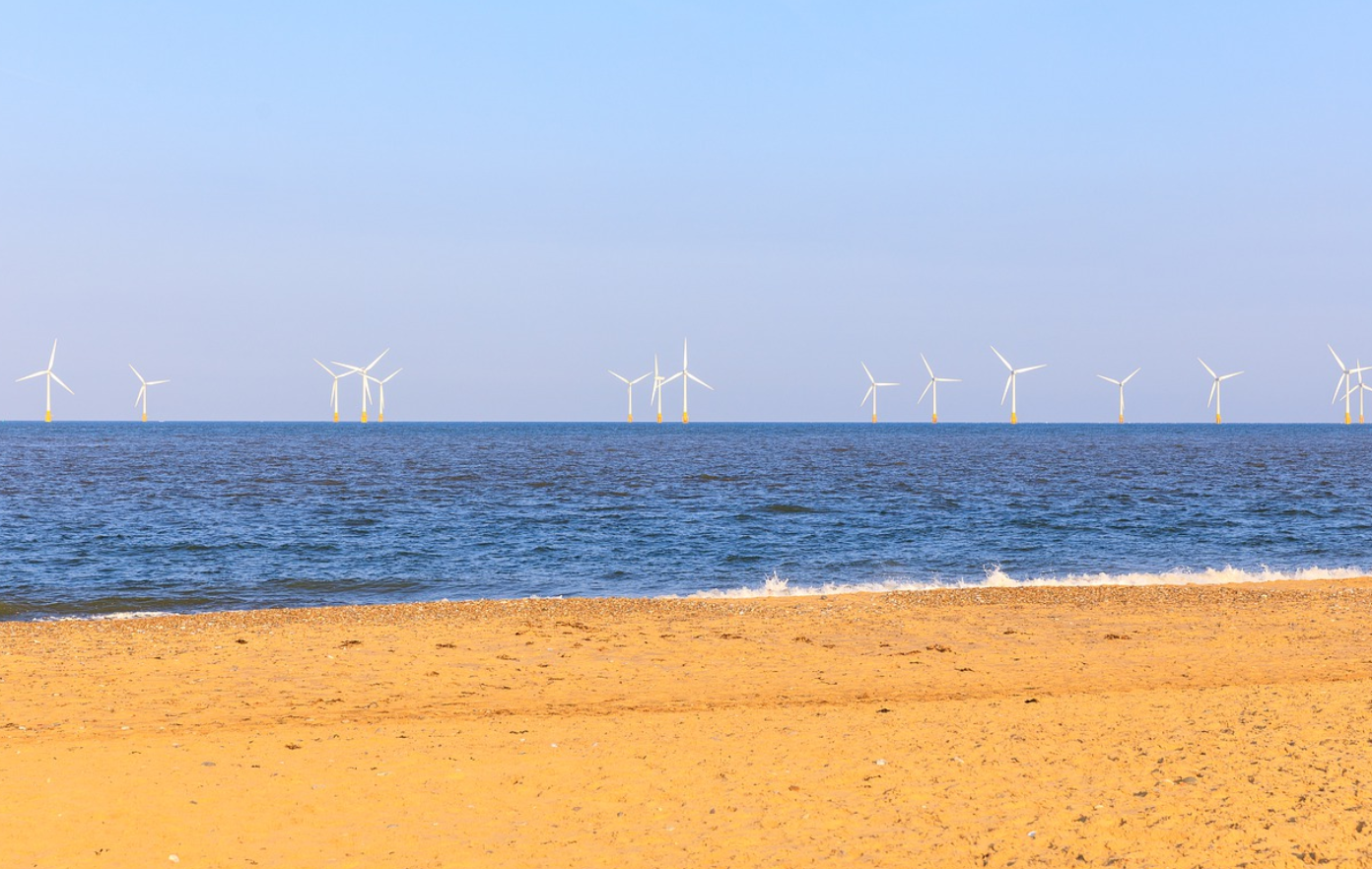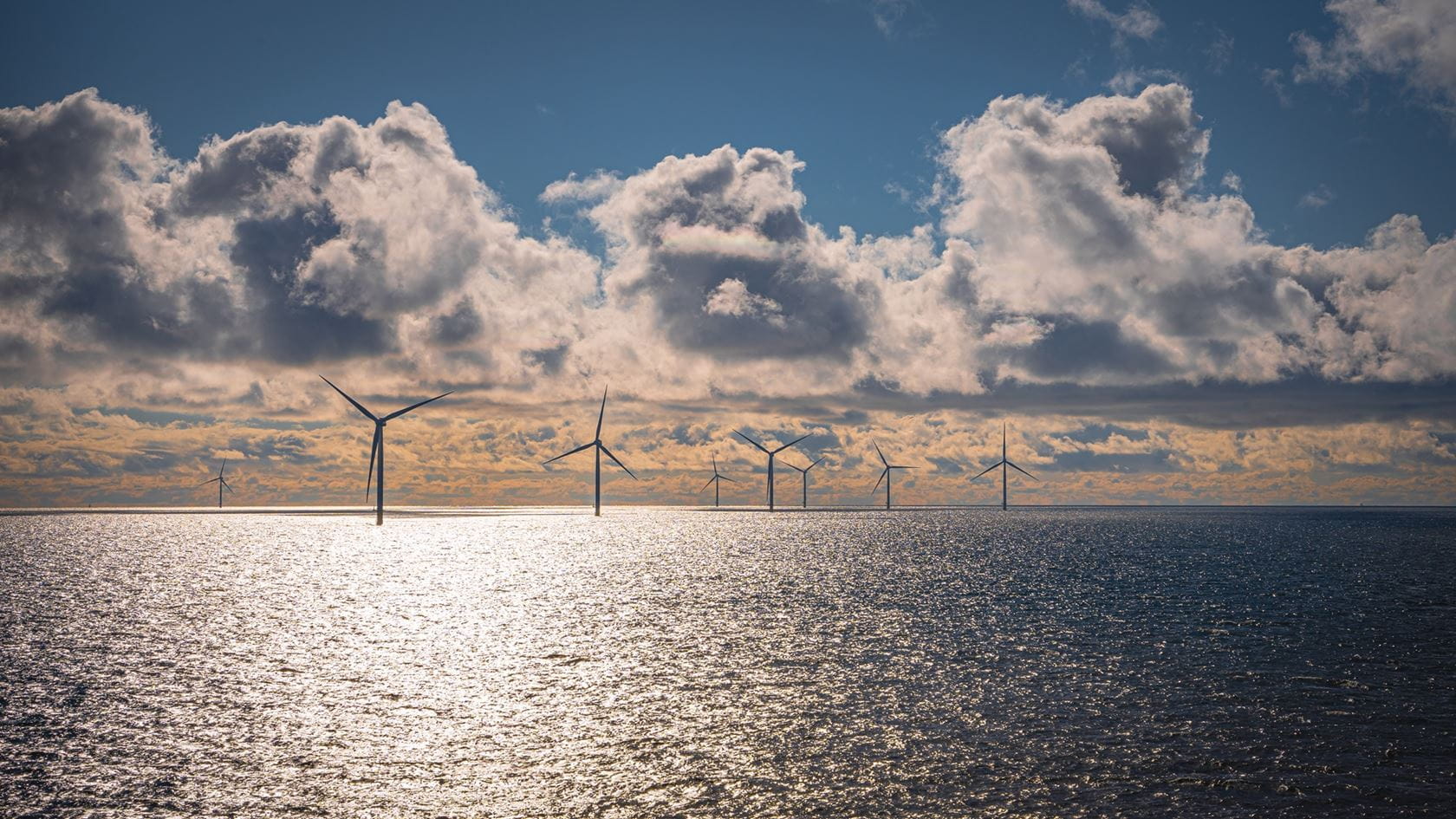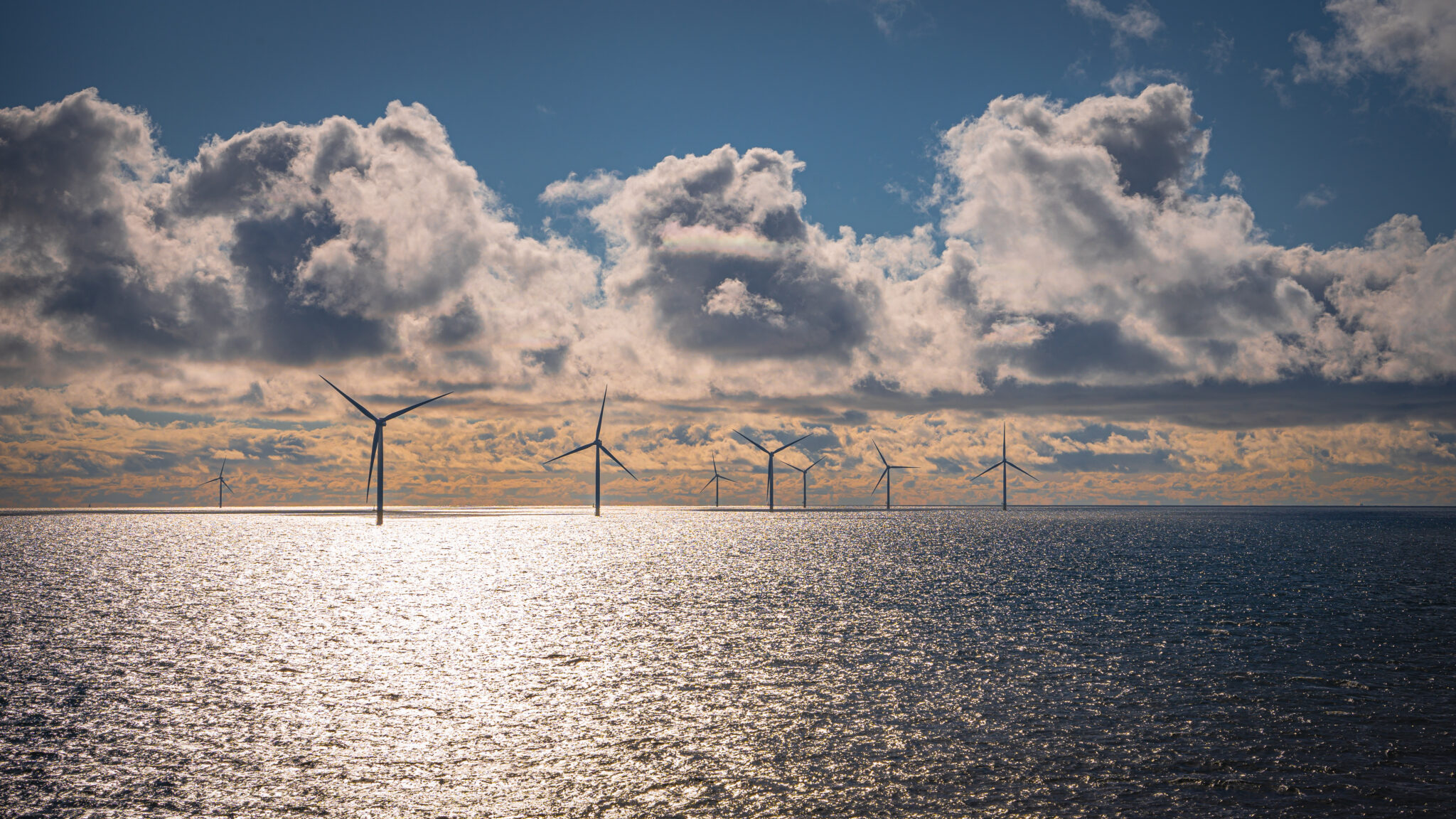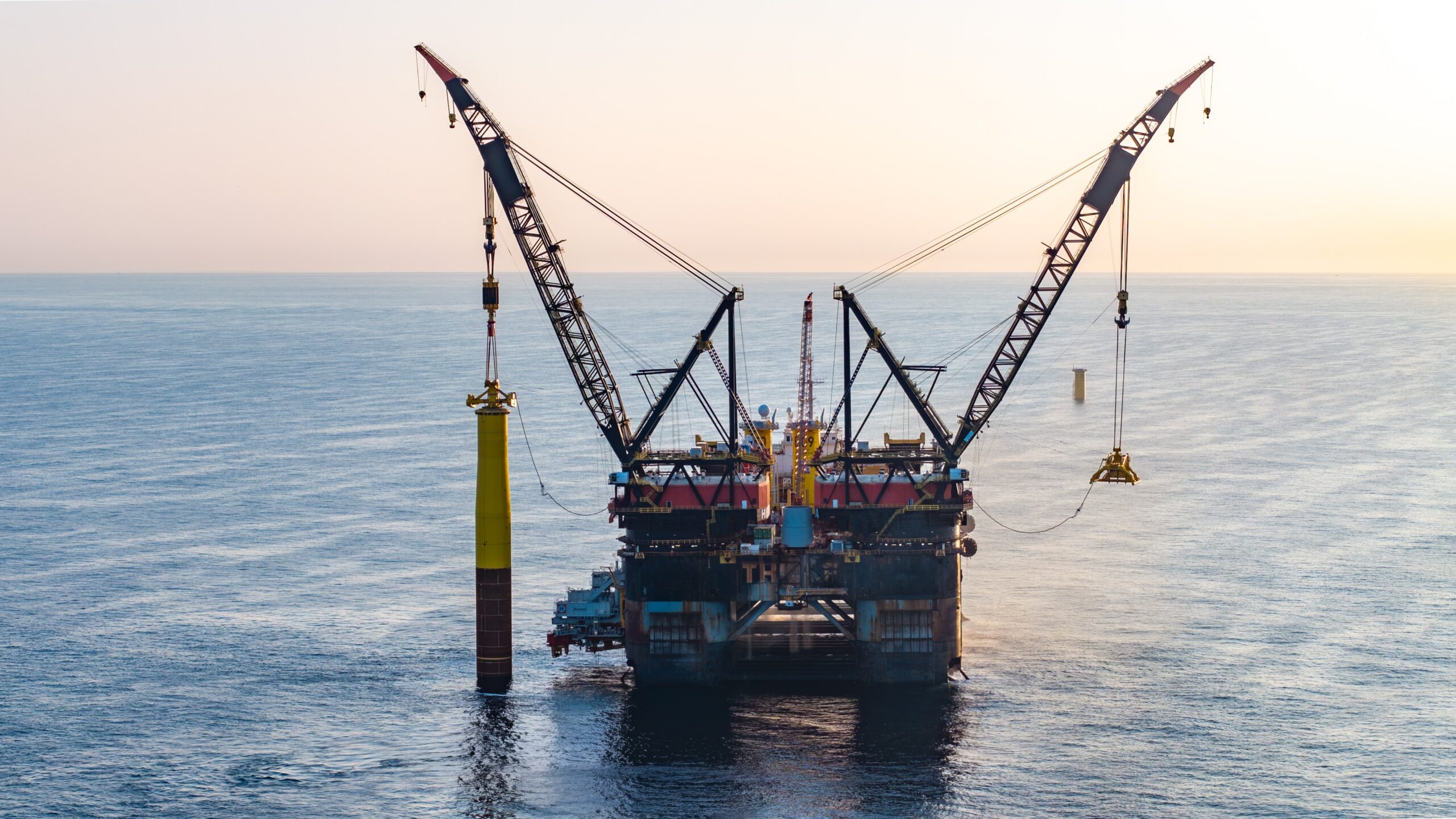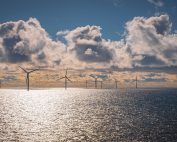Future-Proofing Germany’s Power Grid: Meeting Technology Demands by 2045
Germany is racing to expand and modernize its power grid, a critical move to support the country’s energy transition. Renewable energy sources such as offshore wind farms, solar power, and storage systems, alongside growing demand from heat pumps, electric vehicles, and data centers, are placing unprecedented pressure on the grid. In a joint analysis by the German Association of Energy and Water Industries (BDEW) and the German Electrical and Electronic Manufacturers’ Association (ZVEI), it was revealed that over 500,000 kilometers of cable and half a million transformers will be required by 2045 to meet these demands.
The Technology Bottleneck
The findings highlight a crucial challenge: supply chain bottlenecks that threaten to delay grid expansion. These delays could seriously impact Germany’s energy transition, commonly referred to as the “Energiewende.”
The analysis, conducted by the University of Wuppertal, suggests that the technology demand is not limited to the transmission grid but is also significant in distribution networks. In fact, the demand for components such as high-voltage lines, medium- and low-voltage cables, and transformers in distribution networks is expected to reach 50 to 80 percent of the current stock.
For example, over half a million kilometers of low-voltage cables will be needed, alongside about 500,000 transformers to step down voltage from medium to low levels. This figure represents 80 percent of the existing transformers in the system. A similar situation is observed with high- to medium-voltage transformers, where over 5,000 units will need to be upgraded or replaced by 2045.
Key Drivers of Demand
Several factors are contributing to this soaring demand for grid technologies:
- Aging Infrastructure: Many components of Germany’s power grid are reaching the end of their service life and require replacement.
- Green Energy Transition: The push for renewable energy sources, increased electrification, and higher grid utilization is straining the network.
- New Consumers and Producers:Renewable energy installations, electric vehicle charging stations, and data centers are adding more load to the system.
Both BDEW and ZVEI are calling for accelerated investments to modernize the grid. According to the associations, these investments will provide “cutting-edge, future-proof infrastructure” necessary to guarantee a secure power supply.
“The power grid must now be restructured with sufficient transport capacity and efficient utilization through digitization to ensure a secure electricity supply at all times,” the two organizations stated.
Calls for Political Action
While the study sets the stage for increased cooperation between energy industry stakeholders, both BDEW and ZVEI stress that the government has a critical role to play in ensuring a smooth and timely transition. They argue that the planning and approval processes for grid expansion need to be significantly streamlined to prevent delays.
Kerstin Andreae, Chairwoman of the BDEW Executive Board, called for more support to ensure the availability of skilled labor and raw materials. “Planning and approval processes for the expansion of the distribution network must be further accelerated. Additionally, securing skilled labor and ensuring the availability of raw materials, for instance, through a European raw material bank or strategic raw material partnerships, is necessary,” Andreae said.
The BDEW also highlights the importance of profitability for grid operators. A successful grid expansion depends on a regulatory framework that ensures the economic viability of these investments.
Wolfgang Weber, Chairman of the ZVEI Executive Board, emphasized the need for long-term planning certainty: “We need a stable planning framework for manufacturers, where climate neutrality targets are viewed as fixed, independent of the current government. Grid expansion, including the provision of the required quantity of operating materials and grid operations, brings significant economic value to the individual regions of Germany.”
Weber also warned of a growing global surge in demand for grid technologies and persistent supply chain issues. Clear, consistent decisions from policymakers are critical to ensuring investment security, Weber said.
Offshore Wind and the Grid
Germany’s offshore wind industry will be particularly impacted by these grid demands. Offshore wind farms are some of the most significant new producers of renewable energy and will need to be integrated into the national grid efficiently. Expanding the grid’s capacity is essential to ensure the energy generated offshore can be transported onshore to consumers.
As Germany sets ambitious targets to scale up offshore wind capacity in the North Sea and Baltic Sea, ensuring the power grid can handle this influx of renewable energy is vital. Failure to do so could not only slow down the country’s renewable energy goals but also impede global efforts to combat climate change.
Source: /www.zvei.org

